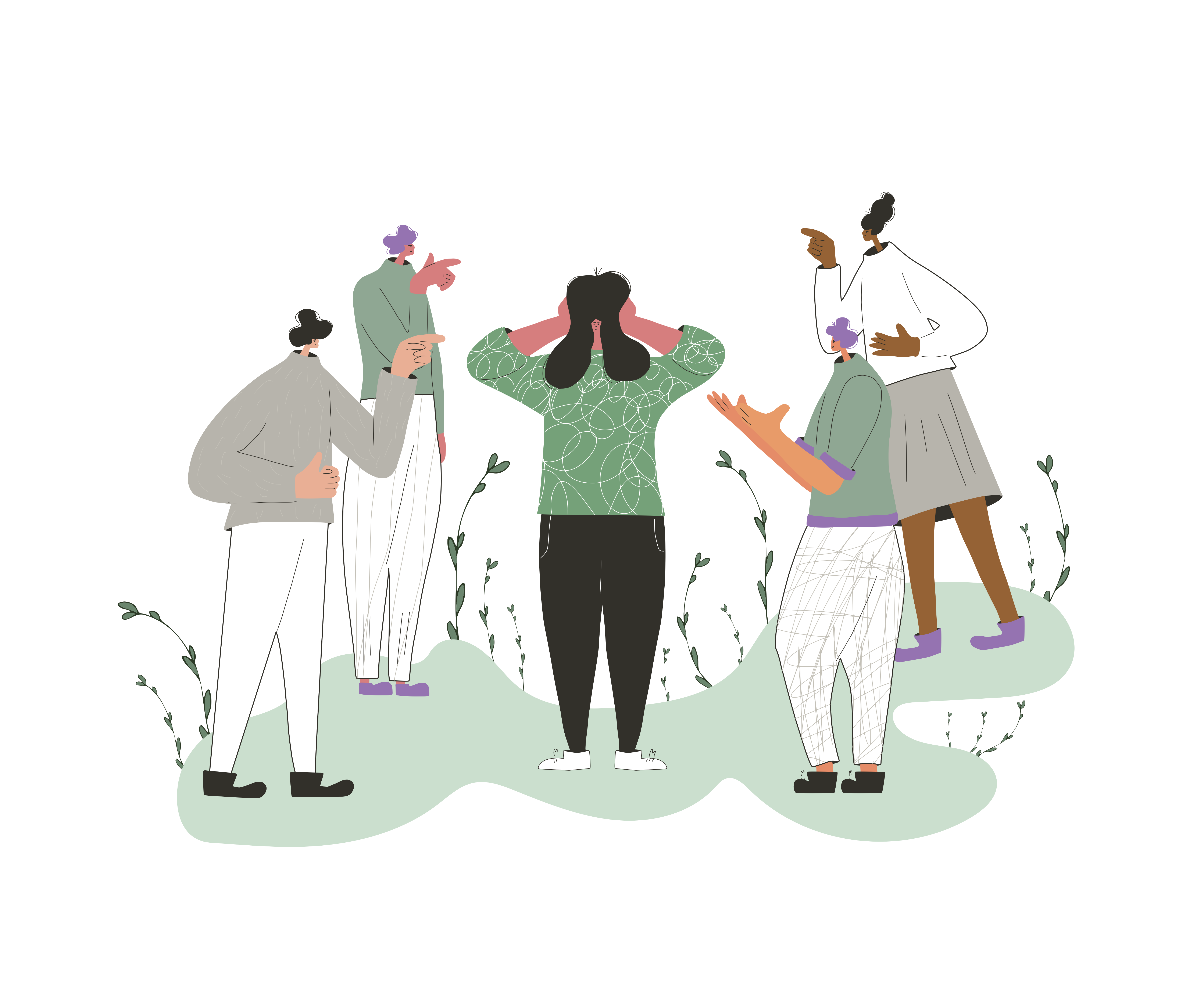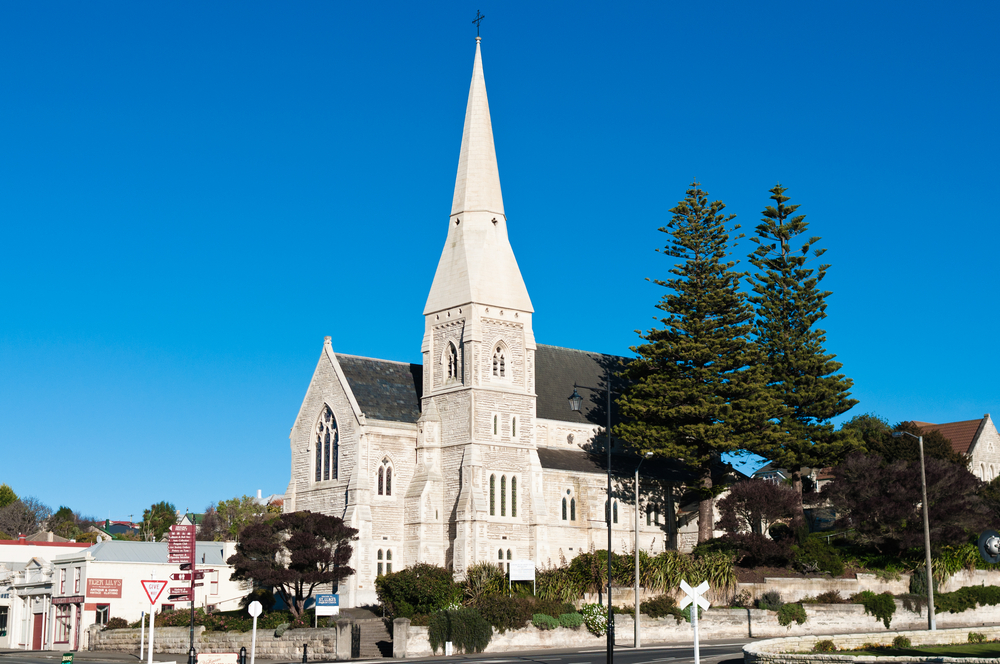Dr Alice Boyes is author of the books The Healthy Mind Toolkit (2018) and The Anxiety Toolkit (2015).
Humans are wired to make some snap judgements.
This can be an incredibly useful tool and sometimes our quick judgements are pretty good. For example, people’s instant judgements of strangers’ personalities are quite accurate.
However, when you add to this that being tribal helps us survive, the effect is that we tend to immediately judge people who are different as suspicious. While these explanations for unconscious bias are true, they shouldn’t be given as an excuse for why people are afraid of difference. Let’s dig deeper.
People hate to feel awkward
When people fear difference, it leads to avoidance to a greater extent than it leads to overt bullying. Many people are very intolerant of any emotional discomfort and will go to great lengths to avoid feeling awkward. There’s a cost to this – when we avoid having uncomfortable feelings, we miss out on potential positives.
A solution is for us all to get a bit hardier about tolerating feeling awkward. Humans are generally good at reading other people’s genuine intentions and awkward feelings usually subside quickly. If you tend to be self-critical, being less so may help you at least try to do
the right thing rather than avoiding people who are different.
Diverse teams can feel less comfortable, but are often more productive
Research, summarised in a 2016 Harvard Business Review article, shows that people see diverse teams as having more conflict than non-diverse teams. There’s an element of truth to this. But, we’re also biased to perceive more conflict than exists in heterogenous teams. This dissuades us from wanting to work in teams with differences.
But research shows that diverse teams perform better, in part due to having more friction. For example, research on juries indicates that bringing dissimilar people into a group tends to make existing members work more effectively.
Diverse teams require us to put in more intellectual and social-emotional effort, but it’s worth it.
Misunderstanding can breed resentment
Sometimes we make connections that make no logical sense. As a kid, I felt resentful that kids with learning difficulties were getting attention paid to their special needs when, as a smart kid, I was often left to twiddle my thumbs. In reality, them getting help wasn’t what was preventing my needs being met. But, my kid-brain didn’t see that.
Similarly, adults who are anxious about their own needs not being met hold beliefs including that immigrants will “steal” jobs from native citizens, or that professionals who benefit from affirmative action will be less competent.
Change puts people on edge
Living in the United States now, it seems like the whole outside world are aghast at our current racist administration. But I hear racism coming from my Kiwi connections too. When people voice concerns about too many immigrants “changing the culture” of New Zealand, it’s assumed that they will change the culture for the worse. Familiarity feels safe; what’s less familiar feels threatening, even when it isn’t.
Also, privilege is a benefit that can be hard to want to lose. People like having a sense of power and superiority. Taking it a step further, unfortunately folks sometimes attempt to fulfill their need to belong by clustering in groups that degrade other groups.
Our brains are wired to make snap judgements, but let’s not allow that to be an excuse
It’s not very helpful to simply say that people with racist attitudes or other biases against difference are bad. We should all assume we have these biases, and work to overcome them together and individually, because it’s the right – and Kiwi! – thing to do.







